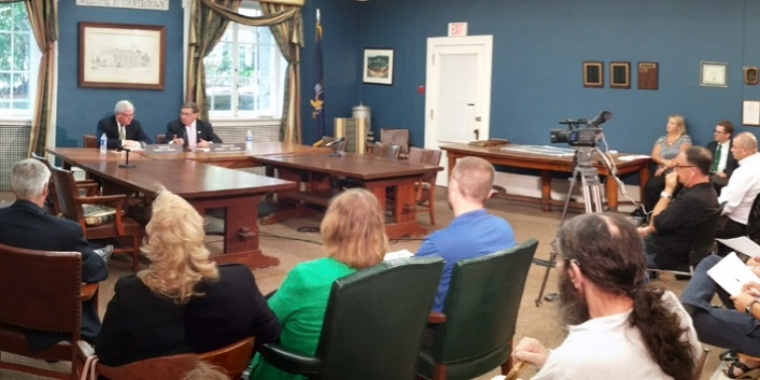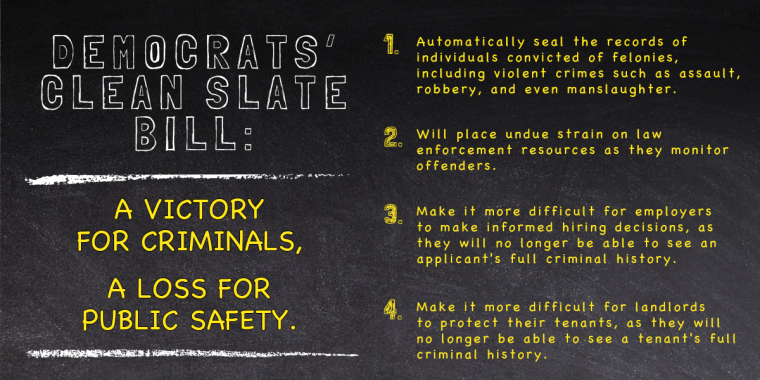
Senate approves O'Mara legislation to keep focus on public transportation crisis in rural, upstate New York
June 13, 2017

Albany, N.Y., June 13—The New York State Senate today approved legislation sponsored by Senator Tom O’Mara (R,C,I-Big Flats) to focus state and local attention on the future of public transportation systems in rural New York.
According to O’Mara, the state’s ongoing Medicaid redesign strategy has included a shift over the past several years in the administration and management of Medicaid Non-Emergency Medical Transportation (NEMT) from localities to the state. It’s been viewed as a cost-cutting move by state officials, but a number of local public transportation officials from O’Mara’s district and across the upstate region have continued to raise concerns about the plan and, especially, its long-term impact on rural communities and populations, including the disabled, elderly and the rural workforce.
“The Medicaid redesign effort in Non-Emergency Medical Transportation has significantly impacted public transportation services in many areas, but especially in rural, upstate New York,” said O’Mara, vice chair of the Senate Transportation Committee. “The future of public transportation in our rural, upstate regions has been put at risk by Albany’s ongoing attempt at a statewide, one-size-fits-all approach to these local systems. It remains a developing crisis for many rural residents. We keep trying to bring widespread attention to the changes underway, fully assess the consequences for our counties, and do what we can to ensure that the impact on rural, upstate public transportation receives a full and fair hearing. This committee’s work to facilitate stronger state-local cooperation and communication would represent an important step.”
O’Mara has held numerous meetings and forums on the issue since 2014 to hear from local officials, mobility managers, transportation providers and community organizations who say that the new, one-size-fits-all approach, which might be workable in suburban and urban areas downstate, is not cost-effective or efficient in their rural communities. Officials from numerous counties, including all of the counties O’Mara represents as part of the 58th Senate District (Chemung, Schuyler, Steuben, Tompkins and Yates) have highlighted the shortcomings of the new system. These shortcomings include the elimination of existing transportation routes, locally based cost-efficiency initiatives, and the overall disruption of services to persons with disabilities, seniors and other local residents who have long depended on these rural public transportation systems.
O’Mara said that his legislation seeks to encourage counties and appropriate state agencies to collaborate on rural transportation solutions similar to recent interagency efforts to better address challenges in agriculture and other areas. Specifically O’Mara’s legislation (S.3931/A.4733) would reconstitute the state’s “Interagency Coordinating Committee on Rural Public Transportation” to establish an active, collaborative forum for local representatives and state agency officials to examine the impact of state-level actions on public transportation in rural regions. The committee would issue an annual report to the governor and the Legislature on a range of issue areas including:
> ridership, revenue and other data for each rural transportation system;
> a county-by-county analysis of costs savings, modes of transportation, reimbursement schedules, and public transportation utilization rates resulting from the state’s ongoing Medicaid redesign initiative; and
> the overall impact of reductions in state transit operating assistance on rural public transportation.
O’Mara’s legislation is currently in the Assembly Transportation Committee and sponsored by Assemblyman Anthony Brindisi (D-Utica).



